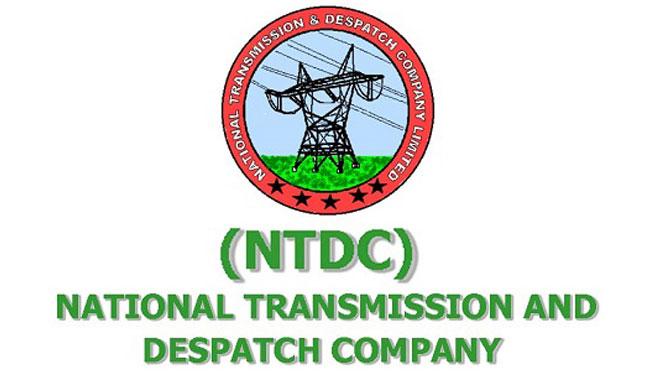ISLAMABAD: Senate Standing Committee on Power has decided to summon the Board of National Transmission and Despatch Company (NTDC) in the next meeting to explain its position regarding a report and non-implementation of the committee’s recommendation.
On Tuesday, the Senate Standing Committee on Power met under the Chairmanship of Senator Saifullah Abro here at the Old PIPs Hall Parliament Lodges of the federal capital.
The Senate Committee took up the matter of implementation of committee’s recommendation to produce the recording of the Procurement Committee, NTDC in the case of mis-procurement of 765kV double circuit transmission line from Dasu Hydro Power Station to Islamabad. And, the ministry informed that the audio-recording of the Procurement Committee meeting could not be obtained as Chairman, Board NTDC has resigned and Members of the BoD, NTDC have advised Company Secretary, NTDC to take legal opinion on it.
It was further told that a report prepared by the Board, NTDC was also presented which stated that a few errors and discrepancies are found in the project, however, they are not enough to declare the entire tender process as a mis-procurement.
The Senate committee expressed reservations on the content of the report shared with the Committee which also questioned the authority of the Committee to pass directions to the Board.
The Committee members was of the view that derogatory language has been used by the Members of BoD, NTDC for the Members of the Senate Standing Committee on Power, which is a breach of privilege of the Committee.
The Committee unanimously decided that it has breached the privilege of the Committee, hence, matter please be submitted to Hon. Chairman Senate for referring the matter to Senate Committee on Rules of Procedure and Privileges.
The Committee also summoned the Board, NTDC in the next meeting to explain its position regarding the report and non-implementation of the committee’s recommendation.
At the outset of the meeting Senator Bahramand Khan Tangi appreciated the role of the Ministry of Energy (Power Division) for recovery of Rs. 25 bn in electricity theft and illegal kunda connections. He further said that there are certain gaps and deficiencies which needs to be addressed. He said that electricity theft can be made more powerful if strategy plan against direct connections is made more powerful and with close correspondence with the local police.
Senator Bahramand Khan Tangi raised the issue of increased load shedding even after 100 pc recovery from the district Tangi.
The Power Division apprised the Committee that tomorrow the Mardan Model for “zero theft zero load shedding” is being inaugurated and invited the Members of the Committee to attend and take briefing on the new model.
Senator Tangi suggested Power Division to hold meetings with the local Police and the Judiciary for a strengthening collaboration in this regard.
While taking briefing by Managing Director (MD), NESPAK on ADB project ACSR Bunting Conductor LoT -II A, the Chairman Committee raised objection and said that in the previous meeting the committee recommended to share the entire correspondence of the project with NTDC & ADB, to which the Committee was apprised that a fire incident in September, 2017 took place and all files / record of EDB have been burnt to which the Committee expressed utter suspicion and recommended Power Division to constitute a Ministerial Committee and appoint an officer not less than DS level for further investigation of the project. The Committee recommended NESPAK to re-evaluate the tender process of ACSR Bunting Conductor and bring clarity within 2 weeks’ time.
The meeting was attended by senators Fida Muhammad, Dilawar Khan, Saifullah Sarwar Khan Nyazee, Haji Hidayatullah khan and Bahramanad Khan Tangi. Officials from the concerned departments were in attendance.
























